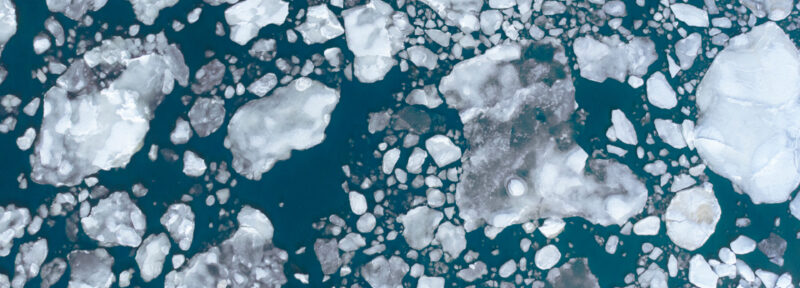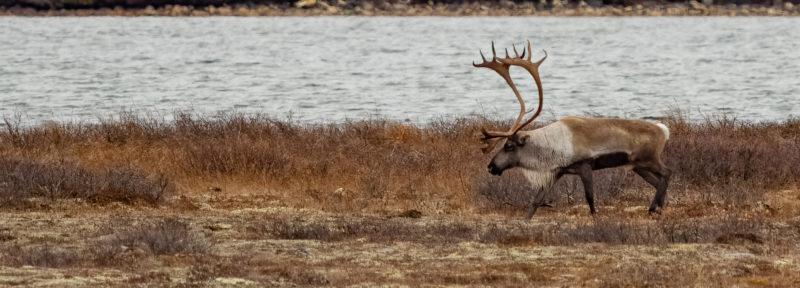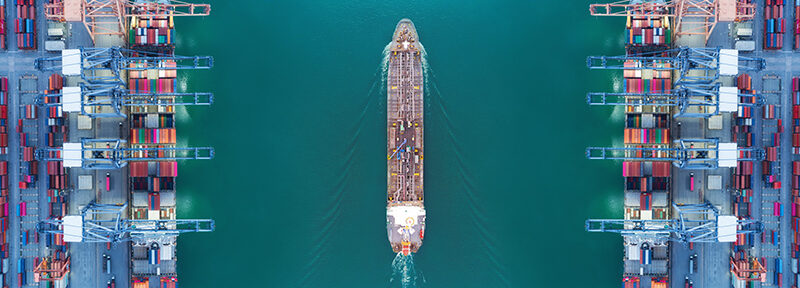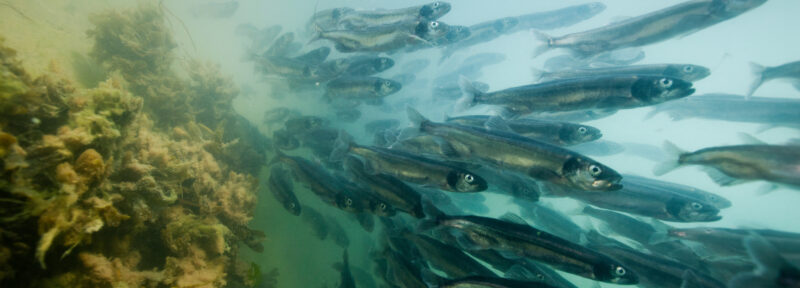Hope for a sustainable halibut fishery on Greenland’s northwest coast
Oceans North congratulates Naalakkersuisoq Minister of Fisheries, Hunting and Agriculture Jens Immanuelsen for his commitment to abolish the quota-free fishing for Greenland halibut in Northwest Greenland by January 2021.
“This is an important step towards introducing a sustainable inshore fishery for halibut in West Greenland,” said Søren Stach Nielsen, acting Greenland projects director for Oceans North. “In the future, all fisheries should be subject to quotas which can be determined on the basis of recognized scientific advice, including data from local fishermen. Without management zones based on sustainable principles, we are fishing in the dark, risking irreversible damage to one of the most important resources in Greenland.”
The combined offshore and inshore halibut fisheries represent a great value to Greenlandic society, both in terms of revenue and employment, sustaining many local communities. Even without the quota-free zones, quotas and catches during the last eight years have increasingly exceeded scientific advice. Combined with significant reductions in fish size, the data suggest that the inshore halibut populations are being fished unsustainably. If this overfishing is allowed to continue, this could result in the loss of inshore fishing activity, with devastating impacts on our economy and the wellbeing of our communities.
In 2017, Ocean North held a seminar with fishing industry organizations and public authorities in Ilulissat. Participants agreed to work towards a sustainable halibut fishery, outlining plans and recommendations for ensuring sustainable management. Since then, public hearings have been held in Greenland about a new draft executive order on quota-regulated inshore fishing for halibut.
By implementing this change, Greenland will move closer to meeting the standards for sustainable fishing required by a Marine Stewardship Council (MSC) certification. After more than a year’s hard work and reforms, the offshore halibut fishery received MSC certification in 2017. A MSC pre-assessment of the inshore halibut fishery identified a number of key problems that need to be resolved before the fishery can gain a similar certification – the quota-free zones being one of the issues. Other steps include setting up a system to monitor bycatch, as well as benthic fauna and seabed habitat. Gaining a MSC certification not only brings added value by ensuring sustainable fish populations and ecosystems, but also by providing better fish prices as international demand for sustainable fish products keeps increasing. In fact, it is expected that over time demands for non-certified products will decrease significantly or even disappear.
Oceans North will continue to encourage and support Naalakkersuisut to take positive steps toward the long term sustainability of the inshore halibut fishery and the livelihoods and communities it supports.
For more information, please contact:
Søren Stach Nielsen
Acting Greenland Projects Director, Oceans North
[email protected]
Iiminaq 20, PO Box 1433,
3900 Nuuk




